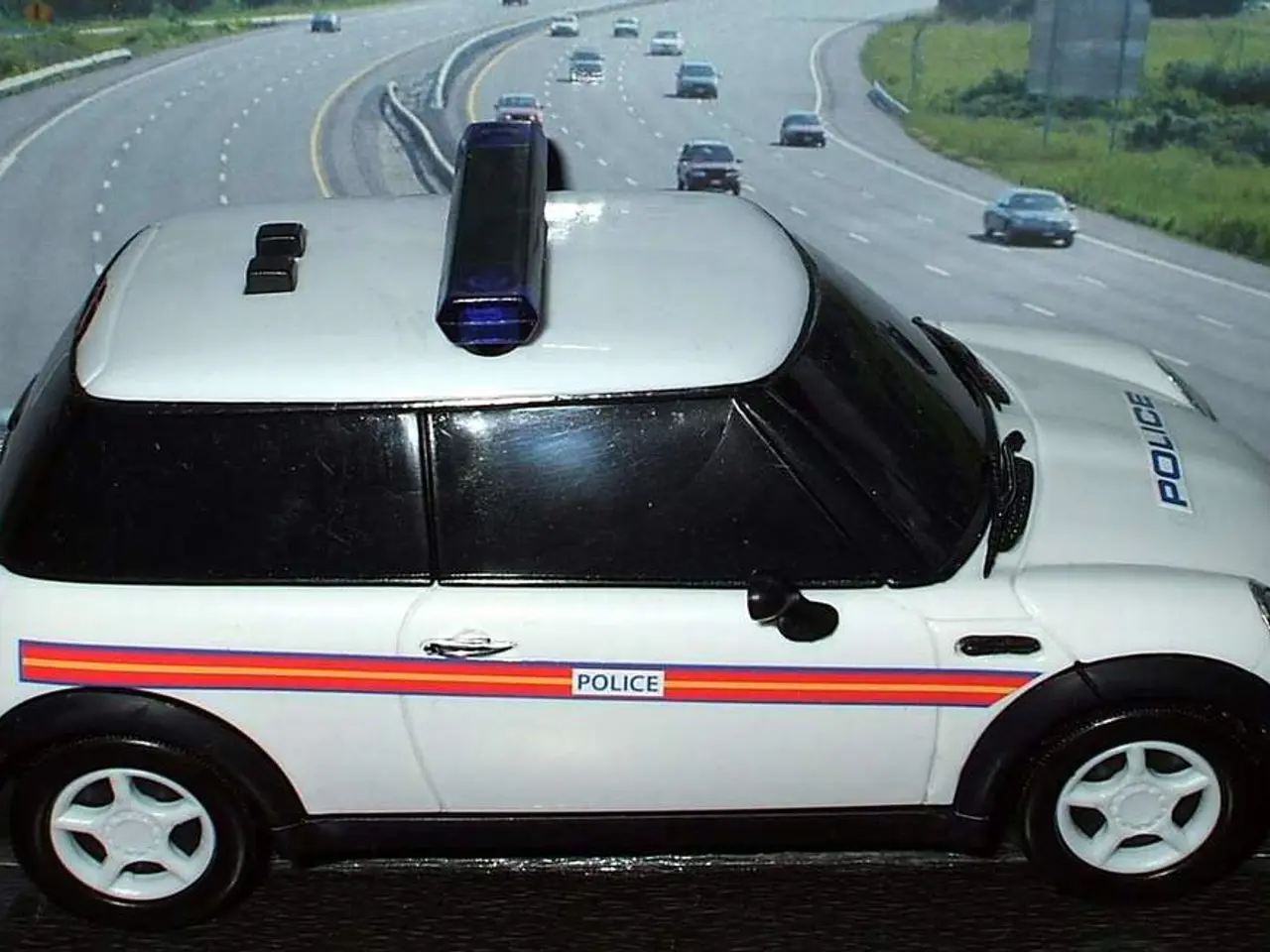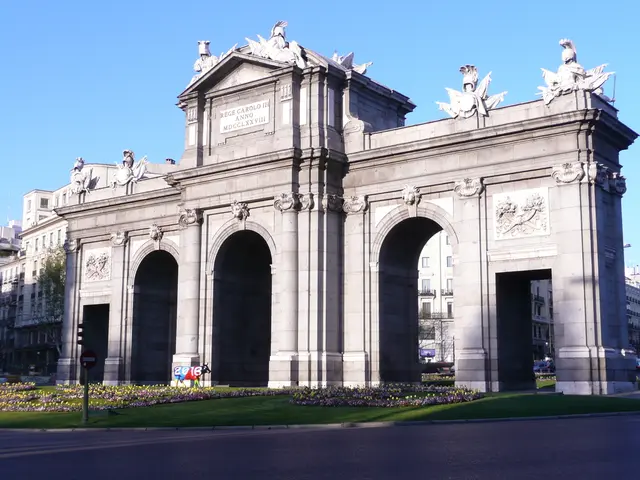Constant vigilance by federal agents on rounds-the-clock duty in Washington, according to the White House's declaration.
Federal Crackdown in Washington, D.C.: A Mixed Response
In recent weeks, Washington, D.C. has seen an influx of National Guard troops and federal officers as part of a push by the Trump administration to address perceived crime issues in the city. Here's a look at the impact this deployment has had on the community.
According to federal authorities, the crackdown has resulted in significant arrests. Since early August 2025, over 630 people have been arrested, including many illegal immigrants. The arrests have covered a wide range of offences, from driving under the influence to assault with a deadly weapon [2][4]. Additionally, federal law enforcement efforts have led to the seizure of illegal guns and drugs, as well as charges related to violent and property crimes. Notably, there have been no homicides reported since August 13 [2].
However, the deployment has not been without controversy. City and federal crime statistics had already indicated a downward trend before the federal surge, contradicting claims of an "out-of-control" violent crime crisis that justified the intervention [1]. The presence of federal agents and National Guard troops has created tension and unease among residents, with reports of confrontations, disruptions to everyday life, and public fear over aggressive policing tactics and immigration enforcement priorities [4].
There are also ongoing legal and political disputes over the federal takeover of the local police department and concerns about violations of laws like the Posse Comitatus Act [1][5].
The city's Democratic mayor, Muriel Bowser, and police chief, Pamela Smith, view the influx as a positive for public safety. However, some residents find the increased presence of law enforcement and National Guard troops nerve-wracking, particularly African American residents [6].
In addition to the crackdown on crime, the push also includes clearing out encampments for homeless individuals, as per Trump's statements. U.S. Park Police have removed dozens of tents since March, with plans to take out two more this week. People are offered shelter and addiction treatment, but those who refuse could be fined or jailed [7].
The law gives Trump the power to take over Washington's police for up to a month, but extending his power would require approval from Congress [8]. As the deployment continues, it remains to be seen how the city will navigate these challenges and whether the approach will prove effective in the long term.
References:
- Washington Post
- CNN
- USA Today
- NBC News
- ACLU
- Washington City Paper
- NBC4 Washington
- The Hill
- The federal crackdown in Washington, D.C. has seen the interview of the city's Democratic mayor, Muriel Bowser, discussing the impact of the influx of National Guard troops and federal officers on public safety.
- While the crackdown has resulted in significant arrests and seizures of illegal guns and drugs, it has also sparked criticism and controversy over aggressive policing tactics, immigration enforcement priorities, and potential violations of laws like the Posse Comitatus Act.
- As the debate over the federal takeover of the local police department continues, other aspects of the crackdown, such as the clearance of homeless encampments, have also become subjects of general news and political discussions.








